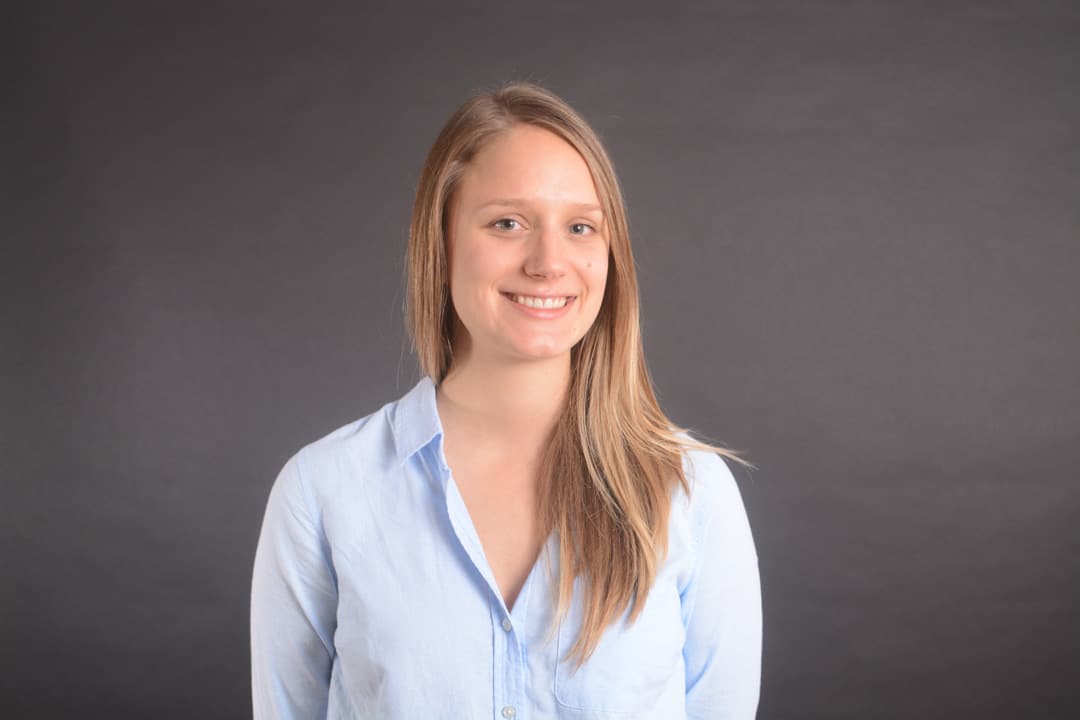At this Wednesday’s Keith Davey Forum on Public Affairs, I watched from the audience as students took to the stage in protest. They voiced concern about the panel’s diversity, and the event’s title: “Social Inequality: Is it a Real Problem? Can it be Solved?” By asking this question, they said, event organizers were trivializing the lived realities of marginalized communities.
The panel was organized by the Department of Political Science, the Association of Political Science Students (APSS), and Victoria University, and was originally advertised as a conversation between Head of Massey College Hugh Segal, National Post columnist Andrew Coyne, and moderator Stephen LeDrew.
I was in the audience for personal reasons — as someone who studies income inequality in Canada in her own work, but also as a PhD student in the Department of Political Science, and as a Junior Fellow (now alumna) of Massey College.
So I want to be clear: I am not a detached observer of Wednesday’s events, and I’ve been watching the coverage of the event and social media commentary with greater interest than I likely would otherwise. Please keep these caveats in mind.
I also want to be clear that, as Public Editor, it is not my place to share my opinions on the controversy in these pages. But it is my place to highlight when The Varsity falls short of principles in its Code of Journalistic Ethics.
The Varsity first reported on the panel and protest in a story posted on its website the same evening as the panel. By the next day, several readers had commented to me that they did not feel the article told the full story. I think they were fair in their criticisms.
The Varsity’s Code of Journalistic Ethics states that journalists must report the news fairly. Fairness, it states, “is a balanced and impartial presentation of all relevant facts in a news report.”
Yet none of the views of the panelists or organizers on the controversy — with the exception of those of the APSS, who distanced themselves from the event — were included in the story.
It was not until two days later — Friday evening — that The Varsity addressed those concerns in a follow-up story.
This second story quoted Chair of the Political Science Department Antoinette Handley’s opening remarks at the event. As the reporter wrote, Handley began the event with a blunt admission that the panel’s title was poorly expressed. “Let me assure you,” she said, “it was never the intention of the organizers to cast doubt on the existence of social inequality or to trivialize it in any way. And yet I completely understand that that is precisely the reading that this framing of the question opens itself up to.”
Instead, Handley said, the organizers wanted to pose a question about the relationship between social and economic inequality. She went on to draw examples from her home country of South Africa, a place where, she pointed out, inequality is deeply racialized and gendered, and health outcomes are closely linked to poverty.
The follow-up story also importantly included comments from panelist Hugh Segal. This matters because Segal’s participation on the panel had been a point of controversy, following on the heels of a recent incident where a senior member of Massey made a racially offensive remark to a Black member of the College.
As the second story reported, The Varsity used the panel’s question period to ask Segal about social inequality at the college, and how he was responding to the incident of anti-Black racism.
“The administration and the college takes the event extremely seriously,” Segal said. “It is completely inappropriate to engage in the kind of even jocular discussion of which is offensive, is racist, and demeaning.”
At the panel, Segal also noted the college has in place a number of bursary and financial assistance programs specifically designed to support those in financial need, and those from Indigenous, Afro-Caribbean and other diverse backgrounds.
For many people, none of what The Varsity reported in the second story will change how they feel about Wednesday’s panel. Nor am I saying that it should. But one of the main purposes of news reporting is to provide readers with all relevant facts in a matter of controversy, so they can decide for themselves how they feel about what happened. In The Varsity’s first story, readers were missing some of these facts.
That it took two full days for The Varsity to write a second story that included both the comments of the protesters and those of the organizers and panelists is a problem. The first story has been the most popular article on the newspaper’s website since being posted. Many readers will have formed their impressions of the event based on it. This means The Varsity has a responsibility to fairly and accurately report the news the first time.
I’m not oblivious to the challenges it faces in doing so. The Varsity is a student paper staffed mostly by volunteers, fighting to break stories on campus as quickly as do well-established journalist outlets. Both The Globe & Mail and CBC covered the panel.
Still, The Varsity should remind itself that what it lacks in speed, it can make up for with insider knowledge. Its journalists know campus dynamics intimately. As students themselves, The Varsity’s writers and editors have their fingers on the university’s heartbeat — they are part of the conversations taking place in closed online campus forums, within their college student unions, and among the student body more broadly. They might not always get you the story the fastest, but they can get the details that matter most.
Being right is better than being first.


